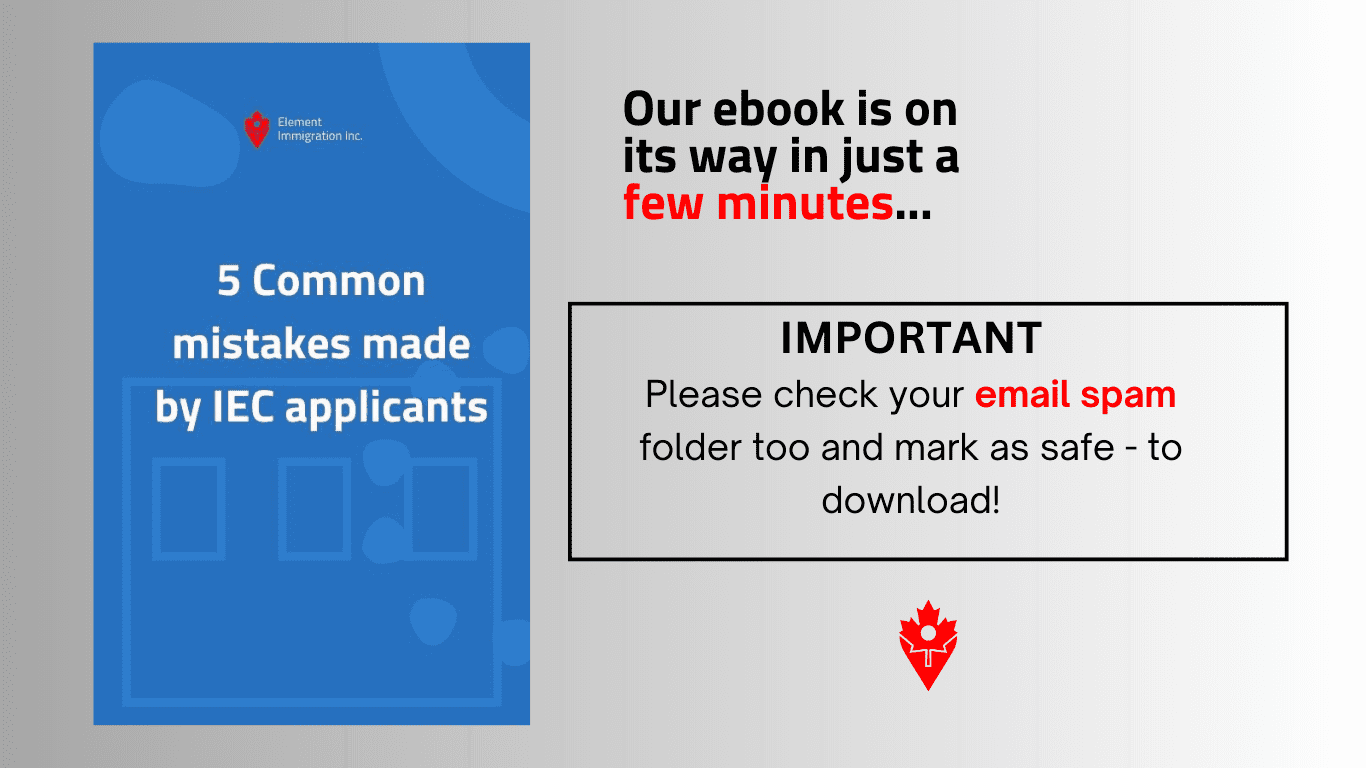NOC stands for National Occupational Classification. It is a system developed by the Canadian government to group together jobs based on the duties, skill level and education requirements of a particular occupation. It is based on the census that is carried out in Canada every 5 years and is the main method to classify the job market in Canada.
These NOCs are classified in a system that gives every job a four-digit code which is what we call a NOC code. Each digit represents a variable, but for element immigration purposes the 1st and 2nd digits are the most important digits to look at. The first digit represents the industry type while the second digit represents the skill level.
The NOC provide different details about the occupation which all start with a “Lead Statement” which provides a synopsis of the job types found in the category of job. Other components are the main duties, and employment requirements to be qualified to work in that position. A good indicator when matching your job to the NOC is the sample job titles that are found within the NOC. However, you must be cautious as it is not advisable to follow or base your classification in the NOC category on seeing the job title as this is not important to the element immigration officer when they are making their determination.
NOC Skill Level Groups
For element immigration purposes, there are five different skill type groups:
- Skill Type 0 which are management jobs such as office managers, purchasing managers or financial managers.
- Skill Level A which are advanced, professional jobs such as accountants, chemists or physicians.
- Skill Level B which are usually skilled trades or jobs that require training or apprenticeship such as massage therapists, firefighters, or police officers.
- Skill Level C which are intermediate occupations, usually requiring a high school diploma, such as dental assistants, receptionists or bartenders.
- Skill Level D which are labour jobs that usually only require basic training such as janitors, construction laborer’s or cashiers.
Why is a NOC code important for your Economic based application/Express Entry application?
If you want to apply for permanent residence under the three federal programs of Express Entry (Federal Skilled Worker, Federal Skilled Trades, and Canadian Experience Class), only “skilled work experience” under either skill type 0, or level A or B will qualify.
If your work experience falls under NOC code skill level C, you can be eligible to apply for the Atlantic Element Immigration Pilot Program (at the time of writing) but your options are somewhat limited unless you are working in a higher skilled job.
If your work experience falls under NOC code skill level C or D, there are other programs that you are eligible for. You can be eligible for some of the Provincial Nominee Programs, such as the Ontario Immigrant Nominee Program (OINP), but your options are VERY limited at best.
You can find your NOC code at the Government of Canada website here.
At the link above, you can search for the job title that matches your current position. It is important to check the tasks listed for the NOC code and see if they are similar to the duties you have performed.
If you are unable to find the NOC code that matches with your occupation using the title job search, you can also search through the NOC Matrix which shows the NOC codes organized by the structure and skill level groups. However, to utilize this NOC matrix, you will need to be familiar with the occupational category of your position.
What if I can’t find my job title in the NOC system?
The most current version of the NOC is NOC 2016, which added over 200 job titles from the 2011 version. Please keep in mind that while the NOC has over 30,000 job titles, it is not a comprehensive system. It includes and covers common and known job titles but must still be updated for any new, emerging occupations and changes to the job market. The NOC also accepts proposals for changes to the system through an online consultation launch. Changes to the NOC typically take place every few years with the next one planned for the year 2021.
You also need to be mindful that different programs can utilize different versions of the NOC and you must make sure that you are classifying yourself properly as there are differences in the code from different versions of the NOC.
If you are really struggling it might be advisable to reach out to a professional to get help in this area as making a mistake in the classification can have a horrible ripple effect on your element immigration application.
Proof of Work Experience
You must provide letters of reference from past and current employers confirming that you have worked in the occupation and it always best to have this matched as closely as possible to the NOC but not a direct copy as this again can be detrimental. It truly is a delicate balance and something that needs to be considered.
Therefore, you must be mindful of the positions you have worked in and will plan to work in, and if they meet the eligibility for permanent residency.
Additional Points through your NOC code
Express Entry candidates can get additional points for arranged employment depending on the NOC code of their job offer if you are already working in Canada on a work permit. For job offers under skill type 0, or level A or B, this will give you an extra 50 points. If you have a job offer for a position that is under NOC 00 – Senior management occupations such as a vice president, you get a whopping 200 points!
A Final Word
It is important for you to know that the NOC system has limitations and was not designed for element immigration purposes. Most notably you should consider:
- It is out of date & will always be out of date!
- The NOC is tied to the National census and the census is conducted every 5 years. After the census is conducted the numbers are crunched and this takes time as well, so the NOC is always going to be chasing the advancements within the job market. A very real example of how this will impact prospective immigrant aspirants is in the Tech Industry. If we are looking at jobs that exist in the 2020’s and we are using the NOC from 2011, it is safe to say that not only did some of those jobs not exist but it is very difficult to classify them in your element immigration application.
- Jobs can range over different NOCs!
There is no perfect system and when we look at the NOC, this is exactly the case. The problem with using the NOC to classify a job or in essence trying to put the person’s job “into a box” so to speak is that in the real world many jobs can span over a number of different categories. When this happens, a deeper level of analysis/ justification needs to be applied in order to choose the category that suits the job classification the best and then it needs to be reasoned out properly.
- Be mindful of the version you are using & the program that you are applying for
The information in the NOC changes over the versions and the years along with the code that classifies the job. You need to be mindful of this as this is a huge trap that some people get caught up with and you must check to see that you have used the proper version given where you are lodging your application.
- Pay close attention to the wording of the NOC
The wording in the NOC is applied very strictly when the officer is doing their analysis and you must be aware of this. You must make sure that you read all elements of the NOC carefully and comply with it while at the same time take particular note of words such as “some or all”, “must” “may” for instance as these are key to a successful application and also in challenging a decision should there be a refusal that needs a second assessment.
So, there you have it, that is the NOC and it is one of the most important considerations when you are lodging an economic based application. It is VERY important to have your classification exactly right and not only ensure that you have classified your work experience properly but that you have taken into account all of the factors that come to bear on this application.


Recent Comments